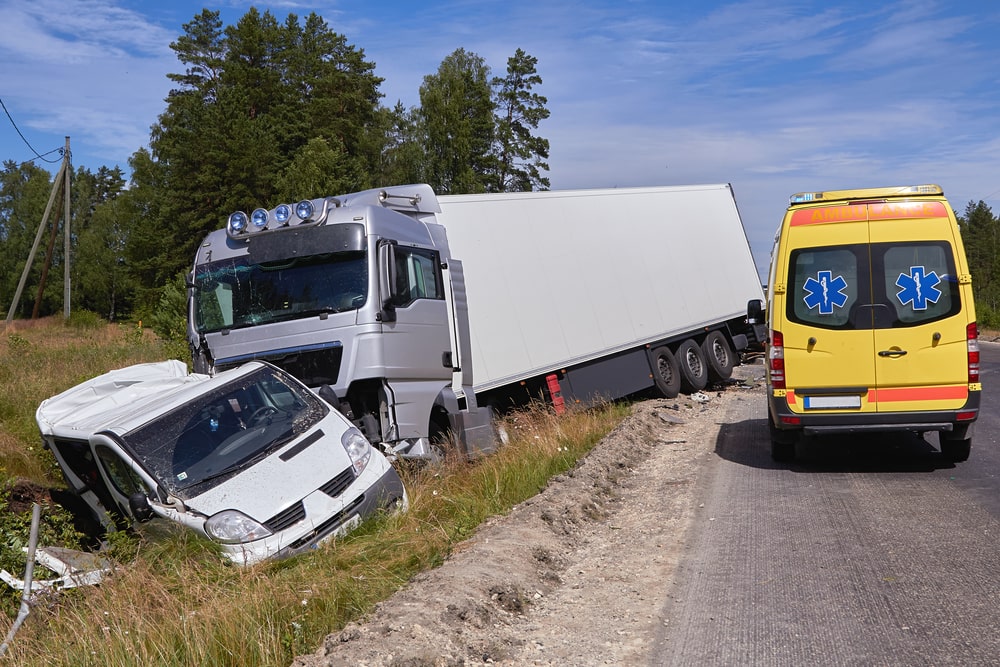Network Of Independent Truck Accident Attorneys
Arizona Truck Accident Laws
100% Committed To Maximizing Your Recovery
Determining Fault In A Truck Accident Claim

Truck accidents are often more complex than regular vehicle collisions, particularly in states like Arizona, where Truck Accident Laws Arizona come into play. These laws are designed to ensure that the responsible party covers the damages caused by the accident. Since Arizona follows a fault-based system, identifying who is responsible for the crash is essential for filing a claim and obtaining compensation.
Key Factors In Determining Fault
Determining fault in a truck accident involves considering several key factors, including evidence from the accident scene, witness testimonies, and police reports. Investigators also look into whether the truck driver or trucking company violated any federal or state regulations. For example, if the driver was fatigued or exceeded the allowed driving hours under (FMCSA) regulations, they may be held liable.
Moreover, truck accidents often involve multiple parties who could share responsibility. The truck driver may be directly at fault due to negligent driving, such as speeding or driving under the influence. However, the trucking company could also be held responsible if they failed to properly maintain the truck, provided insufficient training, or forced drivers to work beyond regulated hours. Additionally, third-party manufacturers may be liable if faulty parts contributed to the accident.
The Role Of Evidence
Gathering evidence is a critical step in determining fault in a truck accident claim. Physical evidence from the accident scene, such as skid marks, vehicle damage, and road conditions, can help reconstruct the events leading up to the collision. Photos, videos, and witness statements are valuable tools for proving negligence.
Another important piece of evidence is the truck’s black box, or electronic logging device (ELD). This device records data about the truck’s speed, braking patterns, and hours of operation. Investigating the black box can provide crucial information to establish if the driver was complying with safety regulations or if the accident resulted from driver error.
Comparative Negligence In Arizona
Arizona operates under a comparative negligence system, which means that even if you are partially at fault for the accident, you may still recover compensation. However, the amount of compensation is reduced by the percentage of fault attributed to you. For example, if you are found to be 20% at fault for the accident, your total compensation will be reduced by that percentage. This makes it essential to build a strong case that minimizes any responsibility attributed to you.
Liability Of Multiple Parties
In many truck accident claims, more than one party can be held liable for the damages. The truck driver, the trucking company, and even the truck’s manufacturer or maintenance provider may all share responsibility. Establishing fault requires a thorough investigation into each party’s role in the accident. The trucking company’s responsibility is often scrutinized closely, especially if the company failed to maintain the truck properly or ignored safety regulations.
Why Legal Representation Matters
Determining fault in a truck accident claim can be a complicated process, involving a thorough investigation of the accident and the application of both state and federal regulations. Victims often face large trucking companies with significant legal resources, which makes it even more critical to have experienced legal representation. Lawyers specializing in truck accidents, like the team at Truck Law, can help gather evidence, identify responsible parties, and ensure that you receive the compensation you deserve.